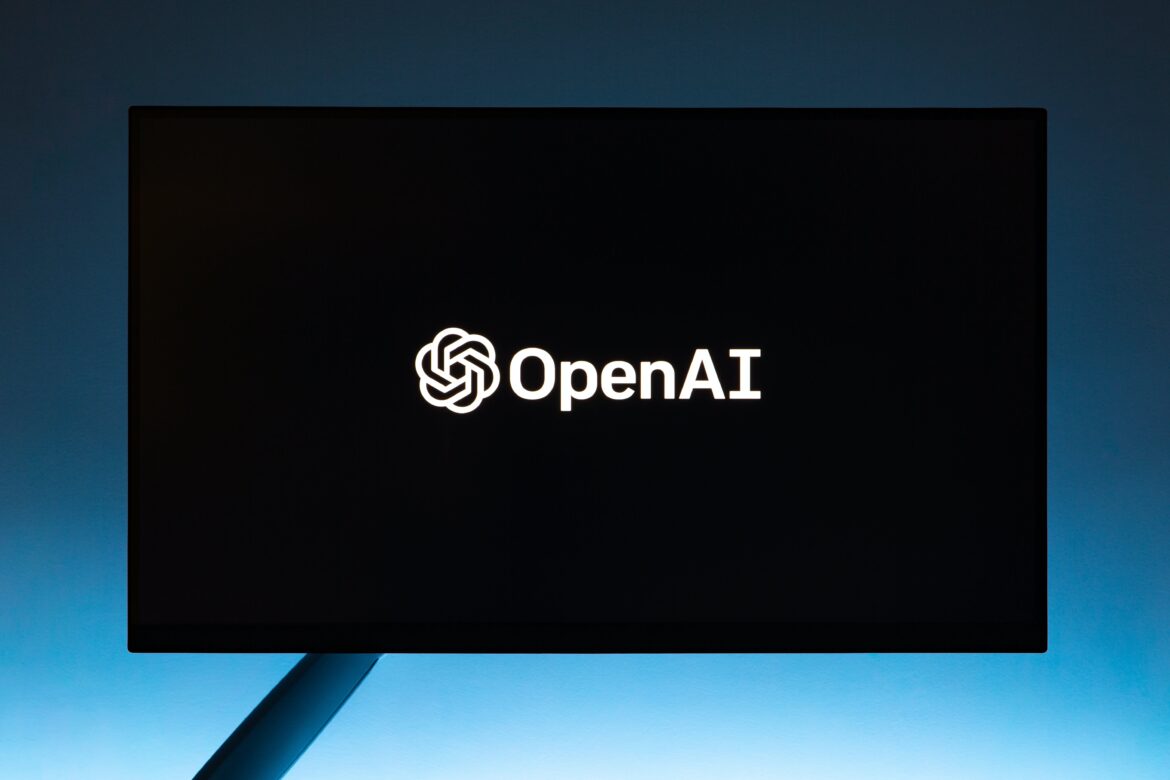In a recent update to its usage policy, OpenAI quietly removed the explicit prohibition on the use of its technology for “military and warfare” purposes. The change, effective since January 10, is part of a broader effort to enhance clarity and readability in the policy. While the new wording still cautions against using OpenAI’s large language models (LLMs) for activities causing harm, it omits the specific ban on military applications.
This alteration has sparked discussions about potential implications, especially as military agencies globally express interest in leveraging AI. The original ban raised questions about collaborations with entities like the Department of Defense, but the revised policy leaves room for interpretation. OpenAI’s spokesperson emphasized the creation of universal principles, highlighting the broad directive “Don’t harm others,” yet refrained from explicitly addressing whether military use, beyond weapons development, is still restricted.
Experts suggest that the shift in wording indicates a potential softening of OpenAI’s stance on working with militaries, raising concerns about the ethical implications of AI technology in military applications. The company’s close ties with major defense contractor Microsoft further contribute to the scrutiny.
As the global military landscape explores the integration of AI, OpenAI’s decision to modify its policy reflects a broader trend. While the company maintains a prohibition on developing and using weapons, the removal of the specific mention of “military and warfare” suggests a willingness to engage with military clients. The ongoing debate centers on the balance between technological advancements and ethical considerations in the rapidly evolving field of AI applications.
The ongoing debate surrounding AI ethics and military use raises questions about the industry’s responsibility for contributing to potentially harmful applications. As OpenAI adapts its policies, the intersection of technology and warfare continues to be a complex and evolving landscape.
You can check out the latest policy here and the old one here.


Leave a Reply